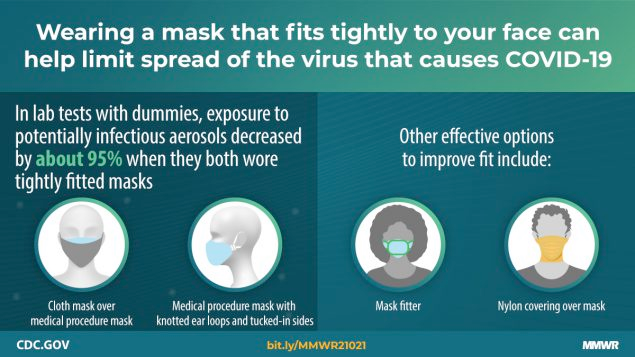
1/ Q: What can I do to support a #caregiver?
A: Caregivers need a back-up plan, a much deserved #recharge, and financial support.
A: Caregivers need a back-up plan, a much deserved #recharge, and financial support.
2/ Caregiving during the #COVID pandemic has been further strained by disrupted child care, social isolation, unemployment, and a contagious & debilitating virus. If the caregivers fall, so does everything else.
3/ Caregivers come in many forms & are the backbone of daily life for millions of Americans. To anyone in a #caregiving role: WE. SEE. YOU. ❤️
The days are long, the worries are real, & the options in the era of #COVID19 are limited.
The days are long, the worries are real, & the options in the era of #COVID19 are limited.
4/ Here’s how we can help our caregivers.
➡️ A BACK-UP PLAN
Back-up plans have dried up for many. Bringing another person into the home comes with risks of infection. Home health agencies may struggle to accept new residents due to staffing constraints.
➡️ A BACK-UP PLAN
Back-up plans have dried up for many. Bringing another person into the home comes with risks of infection. Home health agencies may struggle to accept new residents due to staffing constraints.
5/ #Childcare needs in the setting of remote learning are costly & complicated. Family caregivers, primarily women, are absorbing these roles. Women have left the workforce in droves over the last year.
6/ While no plan is perfect, it’s easier to consider the back-back-back-up plan before there is a crisis. Who can step in to assist? What services are essential and what could be temporarily paused if needed?
7/ For many #caregivers, it feels like there is no lifeboat in sight. Prolonged functioning in crisis mode is not sustainable. Planning for the “what-if” can equip others in a network to act while also providing some peace of mind for the most important aspects of care.
8/ Tap into informal (family & friends) and formal (social workers & other service providers) to determine what options are available. When possible, enact plans to disperse the load before reaching crisis.
9/ ➡️ RECHARGE
If you know a caregiver & can facilitate recharge time for them, move mountains to make it happen! Caregiving is hard & breaks are essential. Period. While a weekend escape may be out of the question, moments in each day dedicated to caregiver wellbeing are a must.
If you know a caregiver & can facilitate recharge time for them, move mountains to make it happen! Caregiving is hard & breaks are essential. Period. While a weekend escape may be out of the question, moments in each day dedicated to caregiver wellbeing are a must.
10/ Reserve the space & time for caregivers to do whatever makes them feel whole. Regularly scheduled recharges are more likely to occur if they are planned. A quiet cup of coffee, a daily walk, an extra hour of sleep, questionable television… whatever they need.
11/ Completing a pleasant task alone or going to an appointment to address personal health needs are a good start. Adding an event to the day or week solely for their own enjoyment is even better! Longer breaks are also encouraged.
12/ ➡️ FINANCIAL SUPPORT
Caregiving is not free. The cracks in a chronically underfunded care system for the young & old in the US are further exposed in the current crisis.
Caregiving is not free. The cracks in a chronically underfunded care system for the young & old in the US are further exposed in the current crisis.
13/ Family caregiving, delivered primarily by women, undermines the economic stability of families while also constraining the economy at large. Significant reform in the compensation of formal & informal caregivers are sorely needed.
14/ This includes but is not limited to paid family leave, caregiving tax credits, flexible work accommodations, and reform of long-term care financing for older adults.
Let’s show the caregivers how much we appreciate their dedication & persistence through our actions! 💪❤️
Let’s show the caregivers how much we appreciate their dedication & persistence through our actions! 💪❤️
• • •
Missing some Tweet in this thread? You can try to
force a refresh






